Herbs for Protection – 7 Kinds to Ward Off Evil
Here's a fun look at some of the more spooky lore surrounding popular herbs.
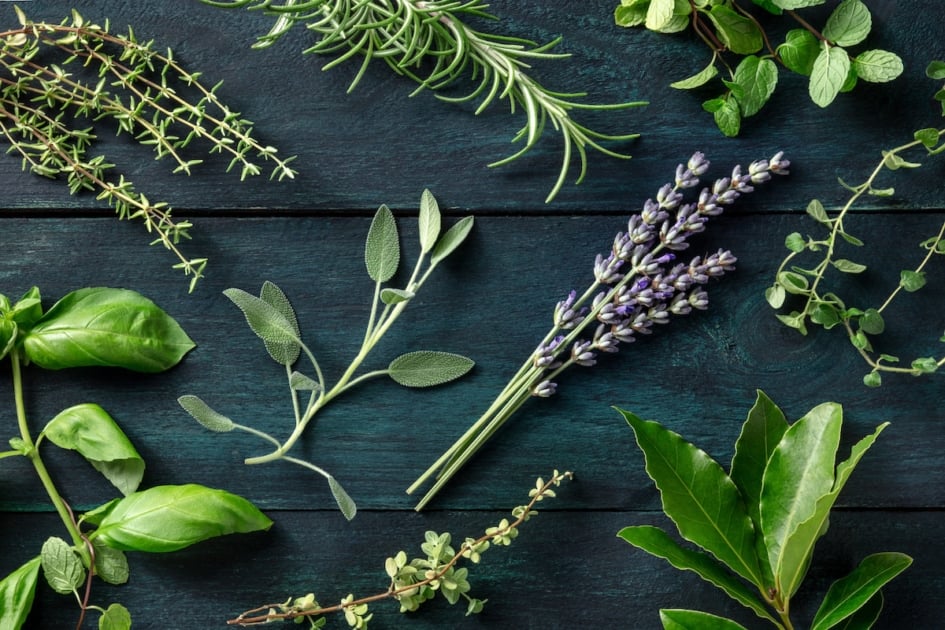
In many cultures around the world, protection herbs have long been used for their medicinal and magical properties. From healing potions to warding off evil spirits, the folklore surrounding herbs is as diverse as the plants themselves. Here’s a look at 7 herbs for protection for blocking negative energies.
7 Herbs for Protection
1. Aloe Vera
Native Americans and Indigenous Peoples held deep respect for the aloe vera plant, reverently referring to it as the “mystery plant,” “medicine plant,” and “burn plant.” Fascinated by its extraordinary properties, they lovingly called it the “wand of heaven.”
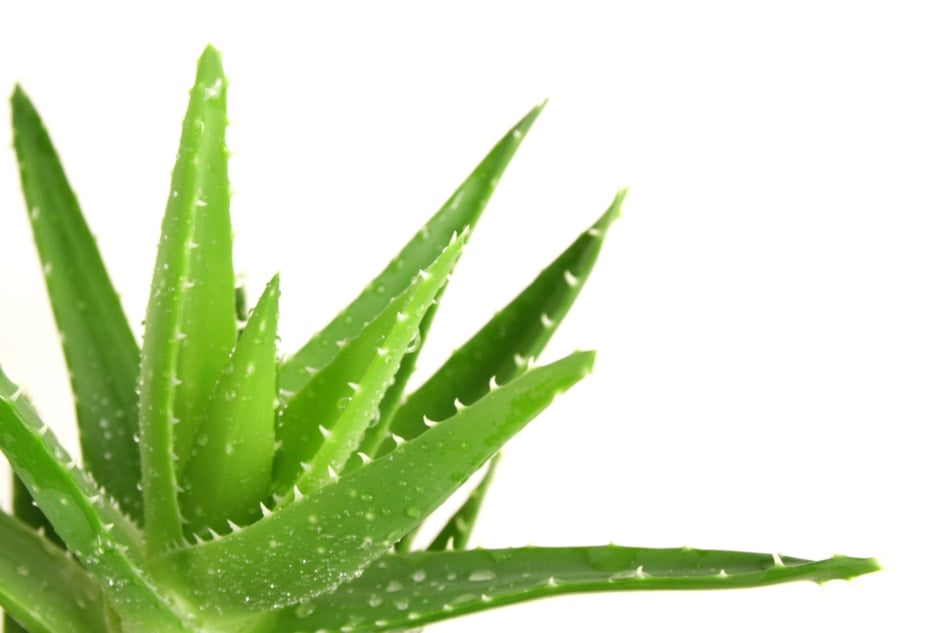
Herbal folklore states that owning an aloe plant in your home safeguards against accidents, especially burns. Across Africa, aloe plants are often hung above doors, believed to summon good luck and banish negativity. Aloe Vera is often planted outsides people’s homes (in warmer climates) to ward off evil and keep the home safe from evil spirits.
2. Cayenne Pepper
Cayenne pepper has a long history, dating back thousands of years to Central and South America. It was cultivated by Native Americans for both culinary and medicinal purposes. It was used to alleviate stomach discomfort, cramps, gas, and circulatory system issues.
Notably, both salt and cayenne pepper are believed to possess protective qualities that help ward off evil. Many people sprinkle them in specific areas or at entry points of their homes to create a barrier against negative energies or entities, serving as spiritual protection.
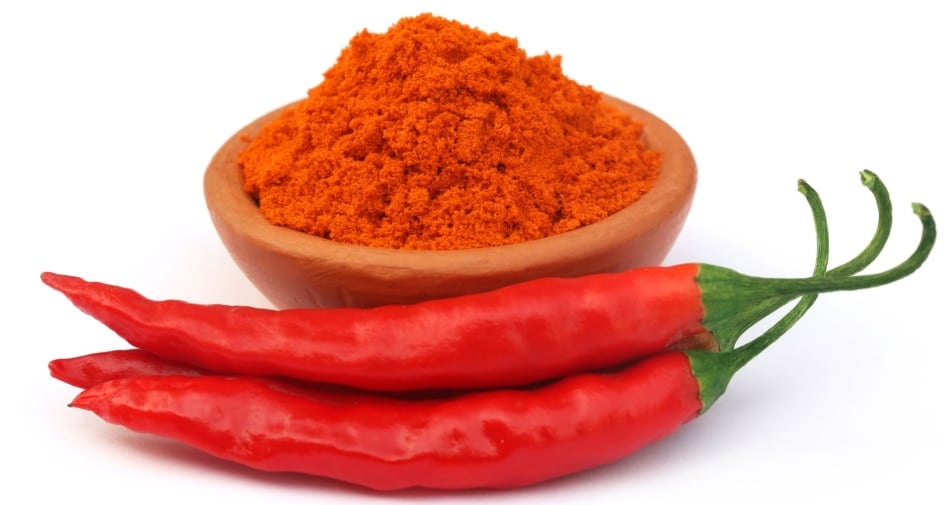
To keep negative energy away and attract prosperity, some hang a string of red peppers by their front door. Another method involves encircling a protection candle with chili powder to repel negative spirits. Additionally, red pepper can be mixed into home protection powders, added to spell jars, or incorporated into meals for an extra layer of protection.
3. Lavender‘s Herbal Folklore
From healing wounds to warding off the plague, lavender has been utilized in countless ways over the centuries. It is a popular plant in gardens throughout the world.
Lavender symbolizes devotion, purity, luck, cleanliness, and compassion. It also signifies constancy, faith, humility, and love Interestingly, in the Victorian language of flowers, it was associated with distrust.
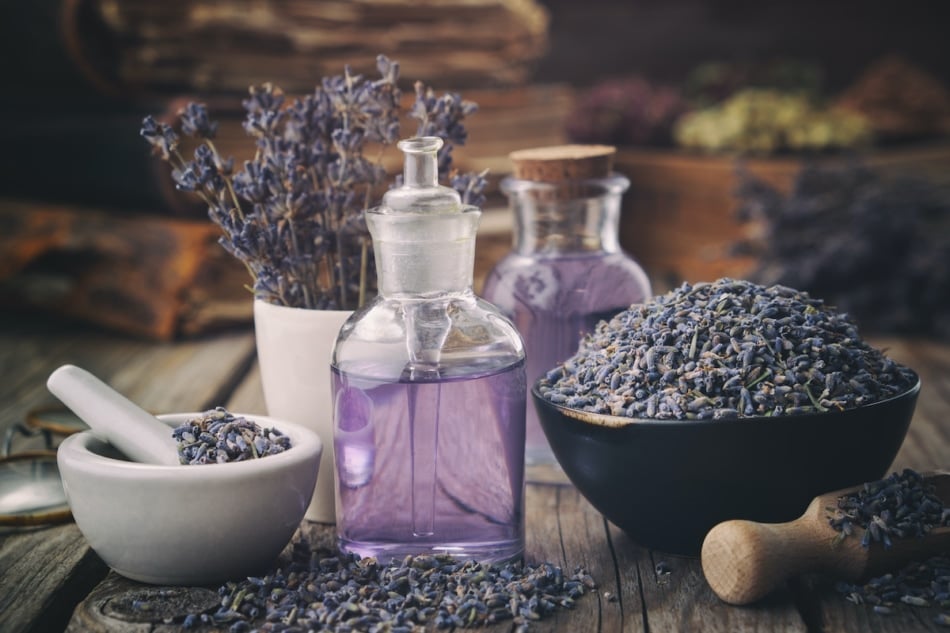
Some link this herb to attracting good luck or repelling misfortune. This association seems to come from lavenders are history and association with St. John’s Day, during which it was burned in bonfires to ward off evil spirits that supposedly roamed among humans.
According to another old belief, inhaling the scent of lavender endowed one with the ability to see ghosts.
4. Nettles
Nettles, also known as stinging nettles, are powerful plants with a global presence. They have their origins in the colder regions of northern Europe and Asia but have since spread worldwide.
According to British folklore, it was believed that nettles picked on a Saturday would lose their medicinal properties. Additionally, holding a nettle leaf in the mouth was thought to cure toothache. Moreover, nettle was considered effective in breaking spells and curses, often used in protective charms.
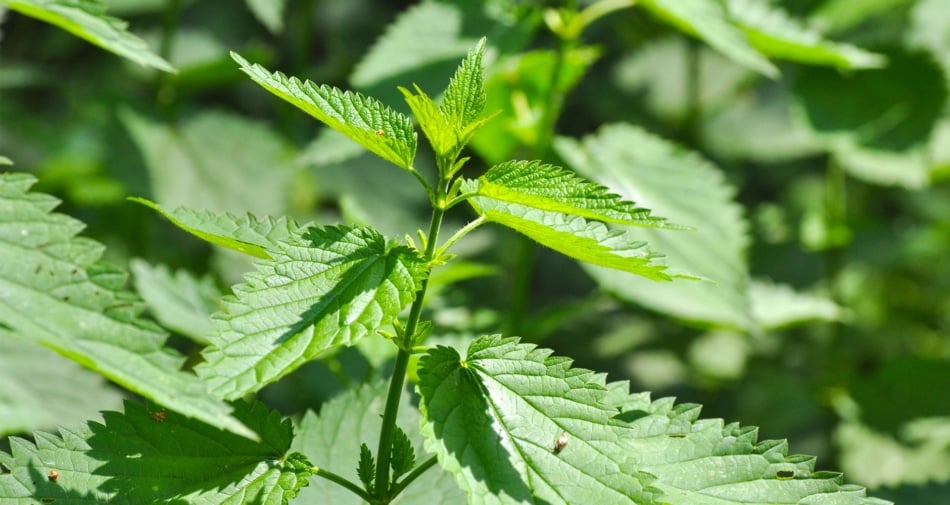
To ward off fear and evil spirits, an old tradition involved carrying nettle and milfoil. Carrying nettles in a pouch was believed to break curses and send them back to the sender. Opting for the pouch was a wise choice to avoid accidentally getting stung.
Ancient societies attempted to prevent thunderstorms by tossing nettles into the fire, as these plants were associated with Thor, the deity who governed over them.
Farmers utilized nettle to safeguard their livestock from evil spirits and promote their overall well-being.
5. Sage
Sage, a herb known for its association with wisdom, has been linked to wise individuals throughout history (ever heard of sage advic?). One interesting belief is that sage is most potent before it blooms.
In Greek mythology, sage was revered as a powerful protector and healer, cherished by the gods themselves. It was also said to enhance memory, hence the phrase “a sage” to signify a wise person with a wealth of memories and profound wisdom.
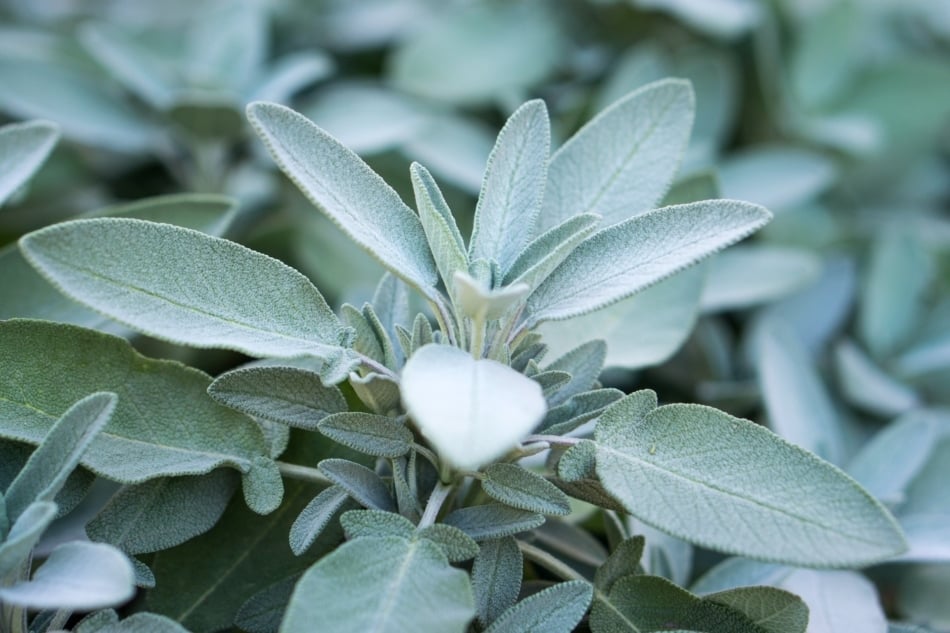
Interested in attaining immortality? According to Medieval folklore, all you need to do is consume a little sage each day, especially in May. Additionally, the ancient practice of burning sage, also known as “smudging,” is still used today to purify and cleanse homes of negative energy and influences.
6. St. John’s Wort
For centuries, this herb has been a beloved choice for spiritual protection, passed down through folklore. Nowadays, it is widely recognized as a valuable herbal supplement.
With its reputation as a lucky plant, St. John’s Wort has been cherished across many cultures, who would keep sprigs of it in their homes or carefully store it between the pages of books for spiritual defense.
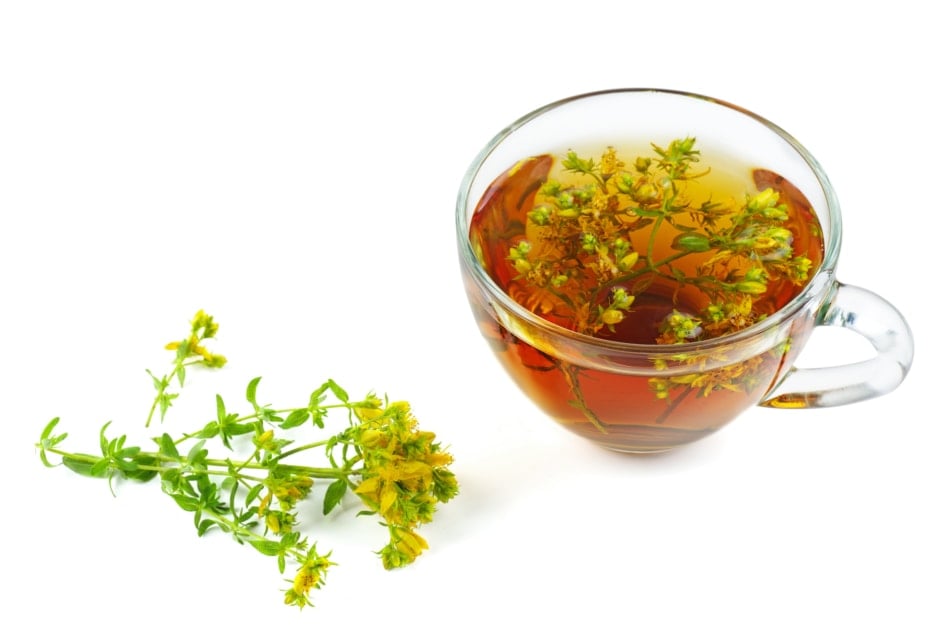
Legend has it that Johns wort possessed extraordinary protective abilities. Collected on Midsummer Eve, it had the power to ward off imps, evil spirits, and the shadows of sadness. When hung on doorways and windows, or carried in one’s pocket, it acted as a shield against thunderstorms and witches.
7. Thyme
Thyme is believed to bring good fortune in finances, gambling, and love. In France, it was a common practice to include Thyme in the garden to attract fairies for a visit.
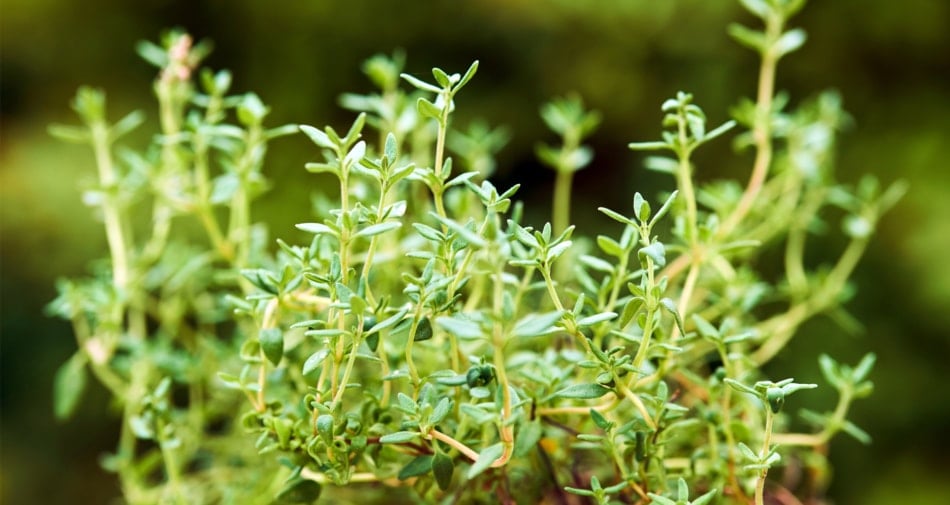
Many believe that if you want to boost your career luck, you should consider adding a thyme plant to your office as it’s believed to enhance your self-confidence and self-worth. In addition, burning thyme in your home is thought to promote good health, while stuffing a pillow with thyme is believed to prevent nightmares.
Folklore also suggests that thyme can be used as a means to communicate with fairy folk and the spirits of the departed.
Related
5 Healing Herbs You Can Grow Indoors
Ghost Spots: A Weather Folklore
10 Superstitions You May Still Believe
This article was published by the Staff at FarmersAlmanac.com. Any questions? Contact us at questions@farmersalmananac.com.







I think you needed to include rosemary and rue and bay leaves!
Thanks Jamie =D
I also enjoyed this fun folklore using herbs, love burning white sage~
I loveeeeeee herbs and what a FUN article! I think I’ll tweet it.
these are all nice but im looking for natural remedies for inflamation and pain
LaDonna,
This was just a fun little folklore story for Halloween. It wasn’t meant to be about curing actual ailments. There are numerous stories in our healthy living section about various herbal remedies.
Here’s one on healing foods: Amazing Healing Foods- What are they?
One on fish oil (which has been recommended for inflammation): Can Fish Oil Cure What Ails You?
And one on Irish herb lore (including remedies for pain and inflammation): Irish Herb Lore
Hope that helps.
Tumeric powder mix with hot water drink for inflammation and pain
Love these old remedies and I’m putting an aloe in my kitchen and wearing lavender around my neck. It can’t hurt and who knows???? Thanks for all the informative and interesting articles!